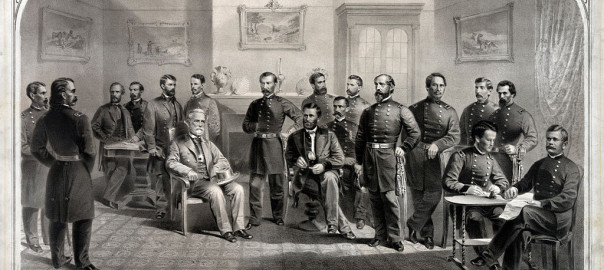In 2013, Salon’s Andrew Leonard revealed that novelist Robert Clark Young had been editing Wikipedia for years in a systematic campaign to downplay the achievements of other writers and make himself look better. Young deleted references to prizes that others had won, removed positive comments about their work, and reduced the length of their bibliographies. In several cases, it appears that Young had quarrelled with the targeted novelists in the past, and that he thought that he deserved the acclaim that they had received. None of this effort actually made his own writing better or changed the accomplishments of other novelists; it only made Young look better by comparison. In other words, Young’s work was motivated by envy.
This is hard to write, but I have struggled with envy for the past few years. Not with everything: seeing someone with a nicer car, a nicer house, or nicer clothes rarely makes me feel much of anything. And the accomplishments of strangers don’t effect me much. But if I see that someone I know has been published in a prestigious magazine, been appointed to a high-profile role, or received some sort of public recognition, I feel a stab of resentment.
That should have been me. What makes them so special? They don’t deserve that.
It’s an ugly, poisonous reaction. It has been included in the Seven Deadly Sins for good reason. Envy is the darker cousin of discontentment, because it’s accompanied by resentment toward others and a desire to have what belongs to them.
Why Envy Is So Destructive
Envy blinds us to our blessings. When we envy, we focus on what others have and what we lack, rather than taking stock of the many good things we have received. Envy may be a particularly easy sin to commit in the social media age, when we can so easily review the most post-worthy achievements of our network of friends and acquaintances. So far as I’m aware, there is no social network dedicated to reflecting on the good things that we already have in our lives. Envy, though, predates social media; it has always been more tempting to covet the possessions of others than to give thanks for our own. Continue reading When Envy Invades Your Vocation



